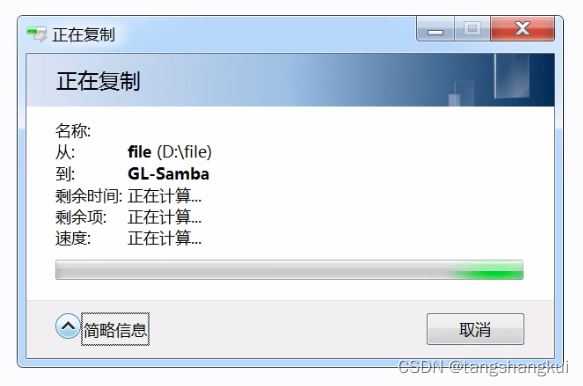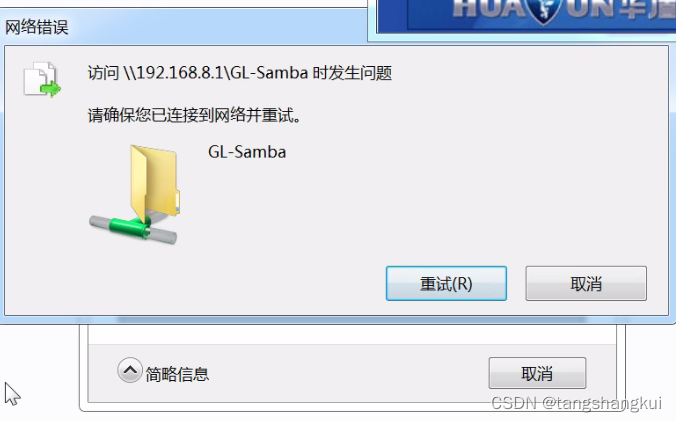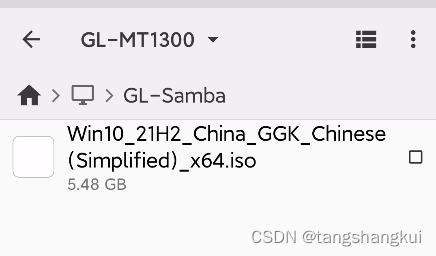Why buy this router
1. I need a router recently,
2. I need to store some things on the LAN for easy access by mobile phones and computers (micro NAS),
3. I also hope that this router is an open source smart router (can be installed with plug-ins),
4. Small, very small, typec powered (5v 1.5A), very convenient, supports TF card usb3.0 wifi 5GHz
(1) Reasons for not using NAS: I only use NAS lightly. It is troublesome to buy a NAS specifically because I only need a LAN disk.
(2) The reason for not using soft routing is that it is troublesome and soft routing basically does not have wifi function. I still need an ordinary router. The one with wifi is expensive.
(3) Xiaomi hd (Xiaomi router with hard disk), I have used it before, the reading speed is 70-80MB/s and the writing speed is 40MB/s. The only disadvantage is that it cannot be rooted and cannot install plug-ins (I tried rooting without success. It is said that Fate recognizes USB flash drive)
the way of buying
This router only has 32MB of ROM, which is said to be not enough if you like to fiddle with a lot of plug-ins.
Then some players came up with a plan to replace the ROM. I bought the version upgraded to 128MB from the previous company.
But I am not a geek player, I just installed 1-2 plug-ins. The actual measurement only used 20MB of space.
Test instruction
I only tested the read and write performance of the router. Other functions of the router are similar to other smart routers.
To be honest, if you don’t have requirements for router size and portability, there is no need to choose this router.
Test result 1, windows exFAT compatibility issue
The test found that when the TF card is formatted as exFAT, there is no way to write large files in Windows (reading is normal). It will always be stuck in this interface.

until timeout

Writing works fine when accessed via mobile phone.
After many tests, it was finally discovered that the reasons are probably as follows.
When Windows copies files, it will first apply for space, but this router is very slow when applying for space, and the writing is not completed until Windows times out.
During the test, I unplugged the network cable when Windows write timed out. When I accessed it with my mobile phone, I found that the size of the file continued to grow (that is, the router continued to execute the command to apply for space after receiving it) until 8 minutes later. The size of this 5.48GB file is completely fixed (11.69MB/s space application speed).

The test result is that the maximum file size that can be written normally is 500MB
After changing to ntfs, the test is normal, but the speed is slow and USB3.0 is used as USB2.0.
I didn't think it was a problem with the TF card format, but during the test, I also tested the USB read and write speed of the USB flash drive and found that accessing the USB flash drive was normal.
I accidentally asked what is the difference between a USB flash drive and a TF card? Then I tested the result when the TF card was formatted as ntfs.
When the tf card is formatted as ntfs, windows access is normal.
Here are the test results:
| test environment | pc gigabit wired windows7 | ||
| Mobile phone redmi k20pro wifi5Ghz | |||
| Samsung 512GB tf card exFAT format | |||
| GL.iNer mt1300 official native system | |||
| Test items | Reading and writing speed | Test items | speed |
| tf card inserted in pc | Read 70MB/s. Write 48MB/s | Reading and writing speed of tf card ntfs 4k (unit size) inserted into the computer |
Read 60-80MB/s, write 58MB/s-80MB/s |
| Insert the TF card into the router and access it from the mobile phone (5GHz) |
Read 9MB/s, write 3MB/s | ||
| Insert the TF card into the router and access it from the computer, reading and writing 5GB large files |
Write 0MB/s (timeout) | tf card ntfs 4k (unit size), computer access router |
Read 9MB/s Write 5MB/s |
| Access from computer, 1GB file | Write 0MB/s (timeout) | tf card ntfs 64k (unit size), computer access router |
Read 9MB/s Write 2MB/s |
| Access from computer, 800MB file | Write 0MB/s (timeout) | Insert the USB disk into the router and access it from PC |
Read 13-20MB/s, write 6MB/s (small file 150MB file) |
| Access from computer, 500MB file | Write 3.5MB/s | Insert the USB disk into the router and access it from PC |
Read 13-20MB/s, write 6MB/s (small file 150MB file) |
| Access from computer, 300MB file | Write 3.8MB/s | Insert the USB disk into the router and access it from PC |
Read 13-20MB/s, write 6MB/s (small file 150MB file) |
| Access from computer, 50MB file | Write 5.4MB/s |
Summary: basically usable
1. If there is a need to write a large number of files or read files, the best way is to directly unplug the TF card and insert it into the computer for use.
2. This reading and writing speed can only be said to be basically usable, but it seems that the reading and writing performance of the router chip is not good, but I hope the TF card can be used stably.
(1) I used to plug in a USB flash drive and share it on a smart router, but every time I wanted to use it, I found that the router didn’t recognize the drive at all, so I had to unplug it and reinsert it. And the speed was very rubbish, and it didn’t take long in the end (less than a month) ) also burned the large USB flash drive I bought for hundreds of dollars (it couldn’t be recognized normally on the computer, nor could it be formatted).